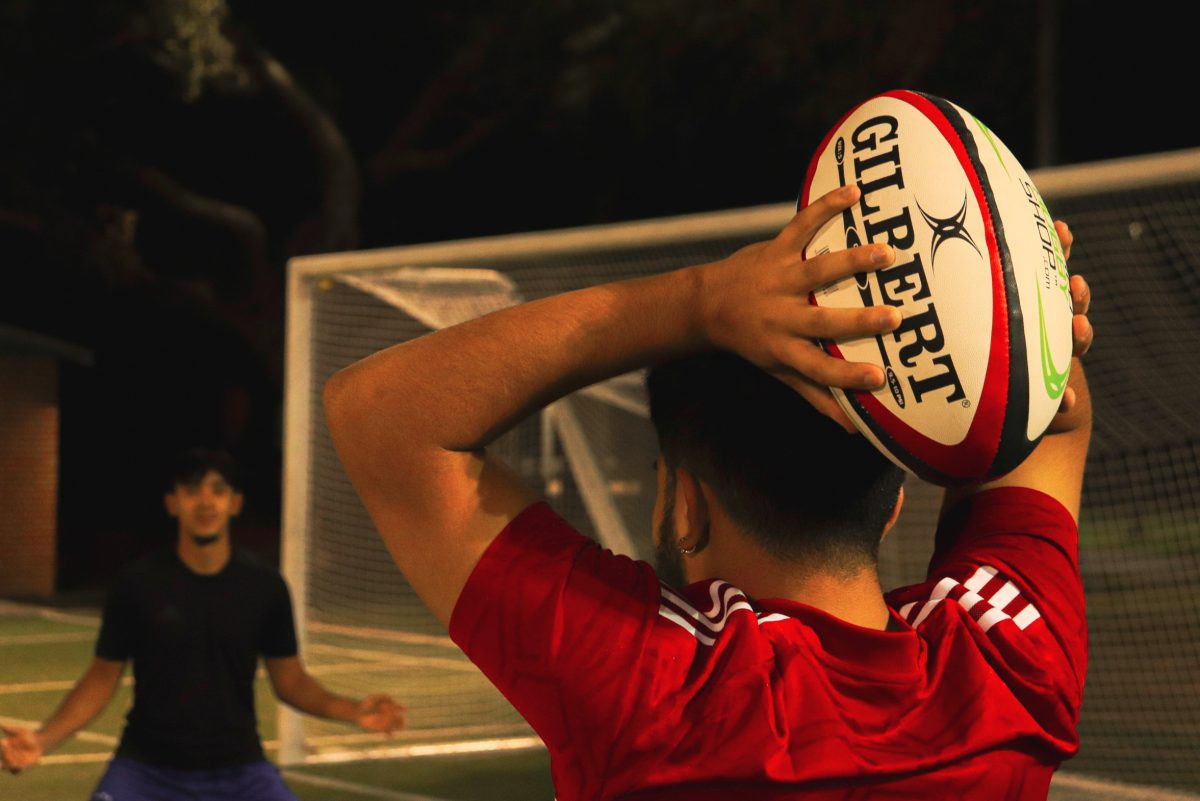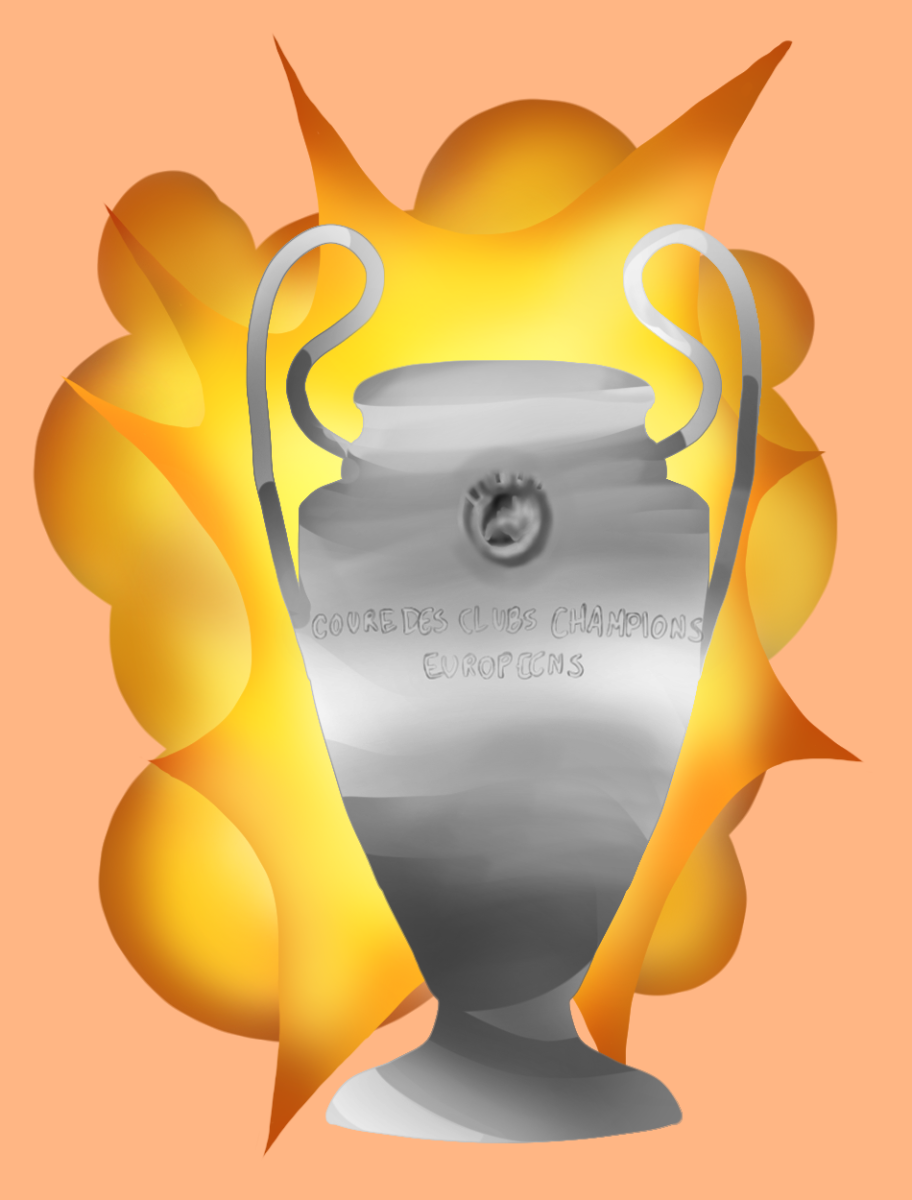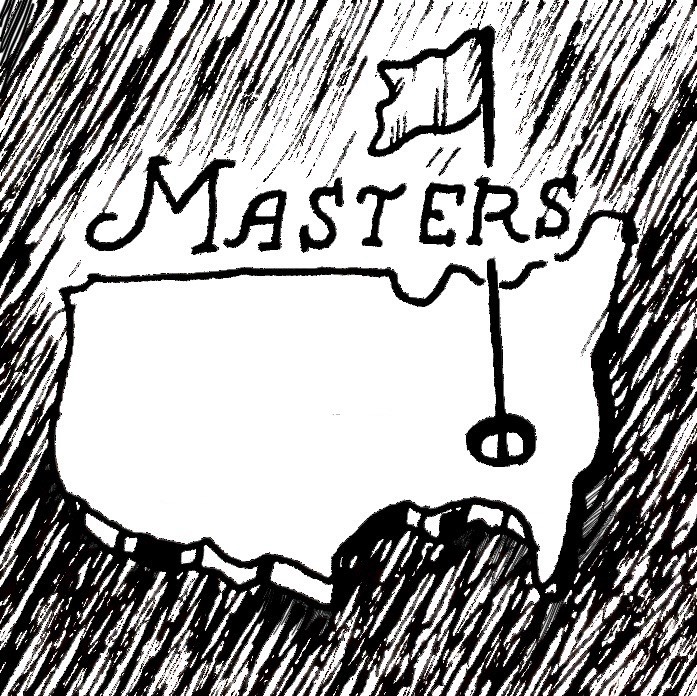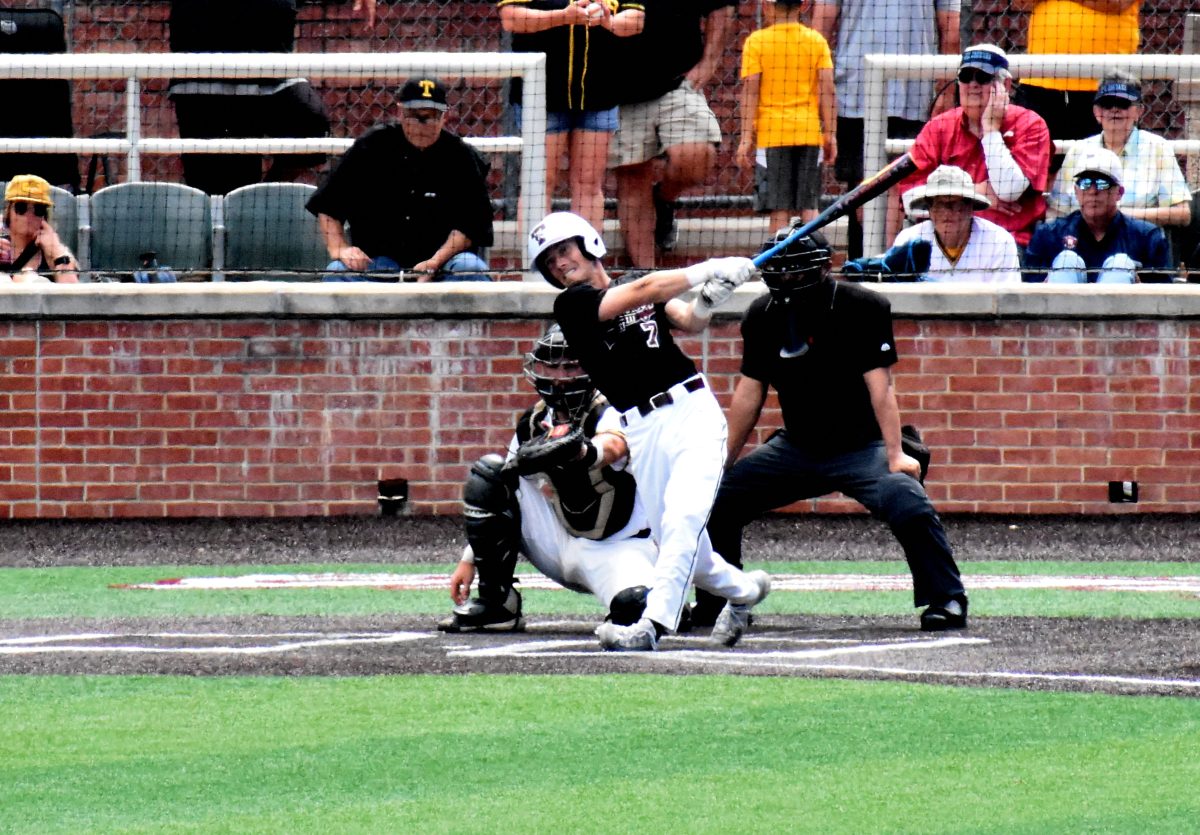After a successful club season last year, Trinity’s Rugby club returns to campus for 2023. Led by coach Arnell Prasad, the team practices every Monday and Wednesday from 6:00 to 7:30 p.m. on the intramural fields.
Originally started in 2017, chemistry and lasting relationships have always been a pillar of club rugby, bringing people together to play the sport they love.
“It’s not just a sport, it’s a community,” Prasad said. “We try to do a lot of functions together as a team, as a group. The social aspect is huge. You’re always going to have a friend somewhere, right?”
Rugby players can benefit from the fitness aspect since the sport offers a level of cardio similar to soccer. Although rugby is often compared to football, their workouts are quite different. Sam Hopper, senior political science and economics double-major and captain of the rugby team, added his take on the fitness of rugby.
“[Football is] a lot more short bursts of energy, while rugby is more endurance based,” Hopper said. “You just got to be consistently putting in some effort to really keep up.”
While the fitness element of rugby may be an upside for some, newcomers may be intimidated by the apparent physicality of the sport. However, learning how to tackle and take a tackle is a part of the process of learning rugby and ultimately protects players from injury, something that Prasad and the team will work with new players on.
“I’ll coach them along just like everybody else,” Prasad said. “They can do some running, touch the ball, and then if they feel like they’re interested we’ll see where we go from there.”
The rules of rugby are relatively simple. There are two 40-minute halves, with a five-minute halftime break. Teams consisting of seven or 15 players attempt to get the ball to the other side of the field, scoring a “try.” Players may carry, kick or pass the ball to other players to score. However, players may only pass the ball behind or perpendicular to themselves. When a try is scored, the team is awarded five points, and may score an additional two points if they kick a field goal (similar to football).
The opposing team’s goal should always be to prevent the other team from scoring and players may tackle their opponents to gain possession of the ball. When a player is tackled, they must either pass or release the ball, typically resulting in a “ruck,” a situation in which multiple players from both teams dogpile onto one another in an attempt to grab the ball. At the end of the 80 minutes, the team with the highest amount of points wins the game.
Rugby originated in 1823 when William Webb Willis comedically picked up the ball during a game of soccer and ran with it. Flash forward two centuries later, and rugby is among the most popular sports in the world. Every day, a game of rugby is played around the world, and every Monday and Wednesday, Trinity’s rugby club is a part of this experience, brought together by their passion for rugby.
Sources:
https://exiles.dk/history-of-rugby
https://usa.rugby/rugby101







